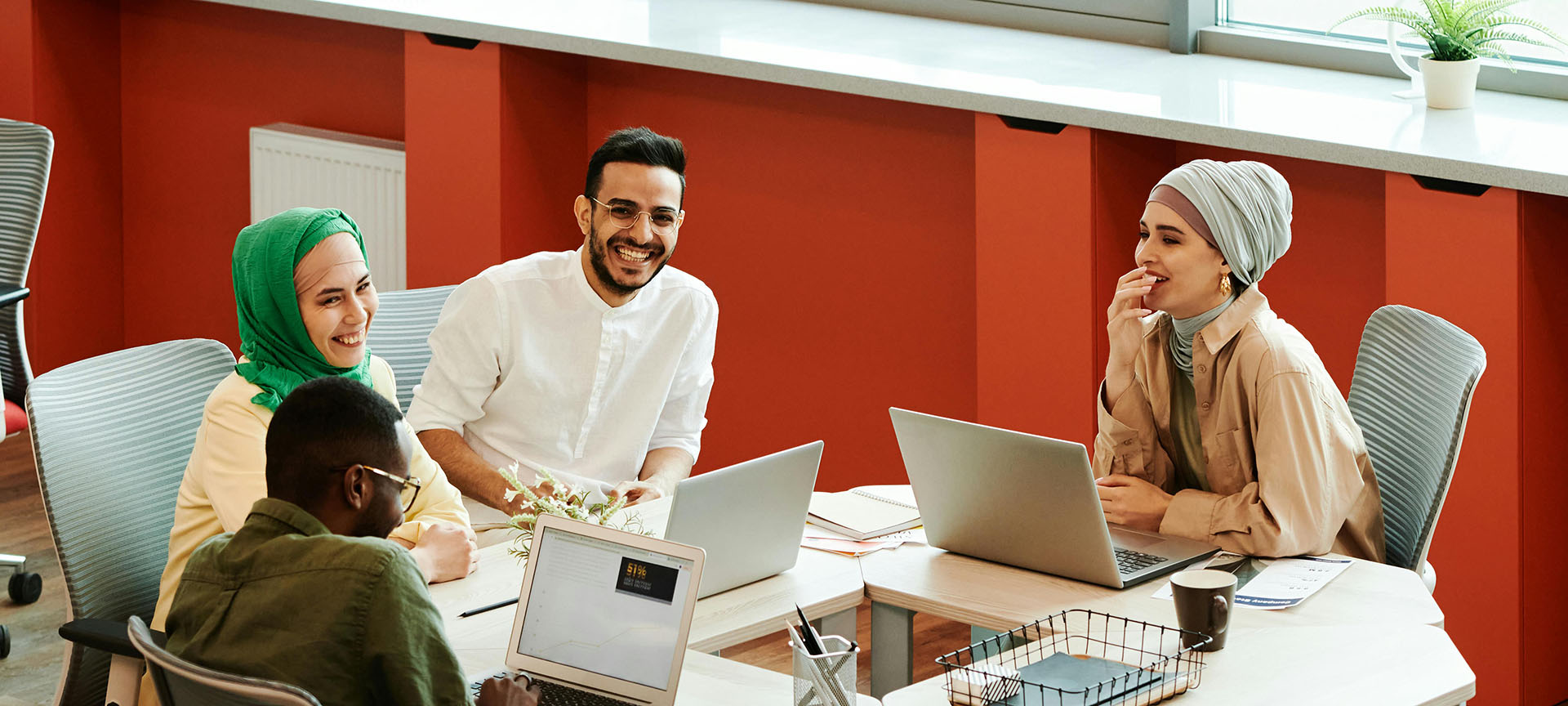What is a B Corp?
A B Corp is a for-profit organisation that meets the highest social and environmental performance, transparency and accountability. These businesses are seen as a force for good benefitting all stakeholders.
B Corps are a way to ensure organisations are making a more meaningful impact of the world around them. With over 9500 B Corps across 160 industries and 105 countries have over 943,700 people employed. B Corps form the basis of a purpose-driven organisation that benefits all stakeholders.
At the heart of a B Corp is the understanding that products, practices and profits should do no harm and benefit all stakeholders. B Corps also meet high social sustainability and environmental performance and accountability standards and are transparent to the public.
Being a B Corp isn’t just about box ticking; it’s about balancing profit and purpose and ensuring that sustainability is at the core of an organisation to lead effective change towards a better future.
Why should B-Corps care about EDI?
For organisations to be more successful and for initiatives to work, EDI has to be embedded into business plans, strategies and departmental goals. There are several reasons why organisations should both understand and embrace inclusion.
Diverse and inclusive organisations tend to be more innovative and competitive. This is show in a McKinsey 2020 research report highlighting several benefits of embracing inclusion and diversity for organisations. For example, more ethnically diverse companies are 35% more likely to outperform other organisations with less diversity financially. Gender-diverse organisations are 15% more likely to outperform organisations that have less gender diversity financially.
Diversity can help your organisation access and retain top talent, gain market insight and grow in new markets, develop creative and innovative products and services, create an inclusive company culture and build relationships with community leaders.
The five pillars of B Corp organisations include governance, workers, community, environment and customers. These areas underpin the effectiveness of any organisation. These aspects also are very much related and help us to underpin EDI. e.g., is the organisation’s governance representative, and is organisational engagement being measured and financial information shared?
Governance: Building Inclusive Leadership
This pillar is about an organisation’s overall mission, ethics, accountability transparency and how this is related to the vision and values of a company. Understanding what best practice looks like for inclusive governance centres around organisational engagement, people’s access to financial information, customers’ opportunity to provide feedback and the diversity of governing bodies. Has your organisation considered these things in terms of incorporating diversity and inclusion into governance?
- Does your leadership team represent different perspectives?
- Do your employees understand how accountability works, how decisions are made and can they get involved in certain things?
- Do you have an organisational ethics policy that employees can easily access?
- Does your organisation frequently measure employee engagement and implement changes?
Workers: Empowering a Diverse Workforce
This category is about your organisation’s efforts to create positive workforce impacts, e.g. benefits, flexible working, training and ownership opportunities. Other aspects include wellbeing and overall working conditions. In terms of incorporating DEI, here are things your organisation should consider:
- What training opportunities do you have in your organisation, are there clear talent management initiatives, are there career pathways available that are known to employees?
- What flexible working arrangements do you have to accommodate different needs?
- Do you measure the organisations wellbeing?
- What initiatives do you have to help employees to manager their wellbeing?
Community: Making a meaningful impact
This pillar concerns how your organisation contributes effectively to the economic and social wellbeing of the communities they operate. This includes having programmes and practices around community impact, including social engagement and charitable giving. Your organisation should consider these things if you want to maintain community.
- How does your organisation engage socially and economically with local communities?
- Do you measure social and community impact, if so how?
- Does your organisation give back and how can you do more?
Environment: Driving sustainable change
This category concerns how an organisation works towards sustainability and a regenerative planet by reducing its carbon footprint. The environment pillar looks at the company’s facilities, materials, emissions, resource and energy use, transportation and distribution channels and the environmental impact of its supply chain.
- Do you measure and reduce your environmental impact?
- Do you have a sustainable supply chain and travel policy?
- Are your sustainability efforts inclusive and beneficial to marginalised communities?
Customers: Serving with purpose
This last pillar centres around how an organisation serves their customers, offering products or services that support the greater good. This includes whether your organisation adds value to customers lives by providing services like education, healthcare, finance management and other things like engaging in ethical marketing, data privacy and security as well as providing ways for customers to provide feedback.
- How do your products and services add value to your customer’s lives?
- How do your products and services link to education, healthcare, financial management or ethical marketing?
- Do you have a mechanism to understand customers? Can they communicate their feedback easily?
Embedding DEI into your B Corp
B Corps are well equipped to embrace and incorporate EDI policies and processes. These five pillars show how they can be considered and factored into your own organisational plan for B Corps and create even bigger impact. Does your organisation have a commitment to creating a sustainable and equitable world?

Dr Grace Mansah-Owusu
Grace is a chartered psychologist, diversity and inclusion expert, trainer, career coach and psychotherapist. She has over twelve years of experience working in people and organisational development, research and facilitation roles in the for purpose sector, academia, transport and logistics and various consultancies. Building on her academic and theoretical knowledge, Grace provides opportunities for people to grow, develop and flourish in the workplace. She is passionate about research, career development and all in all curious about people. Grace has three times been recognised on HR Magazine’s HR Most Influential list for thinkers and practitioners whilst also campaigning for diversity and inclusion within psychology disciplines for over five years. She has also presented at conferences and events for CIPD, HR Magazine, Richmond Events and the British Psychological Society.



